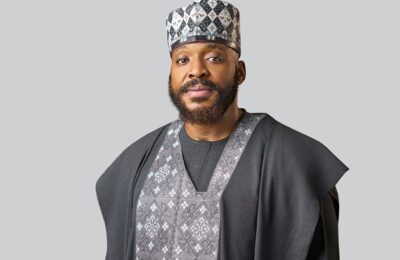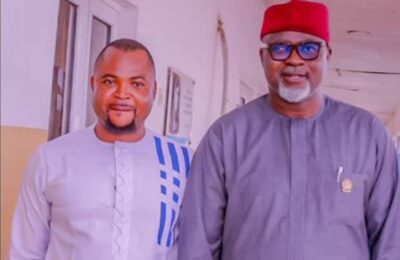In the vast political landscape of Nigeria, democracy wears a borrowed robe—bright in principle yet torn by poverty’s persistent claws. The promise of freedom, participation, and equality remains shackled by empty stomachs and broken hopes. For millions of Nigerians, democracy has become a distant melody—heard in slogans, unseen in living realities. The ballot paper, once a symbol of liberty, has been reduced to a bargaining chip in the marketplace of hunger.
Every election season, the poor are courted like royalty and discarded like rags once the dance is over. Votes are exchanged for crumbs—bags of rice, sachets of salt, or a few naira notes. The citizen, hungry and desperate, becomes both victim and accomplice in a political ritual that perpetuates his oppression. It is a cruel irony: democracy, meant to empower the people, now thrives on their deprivation. Poverty has turned the ballot box into a shrine where conscience is sacrificed for survival.
Nigeria’s democracy suffers not from the absence of laws but from the erosion of moral will. The nation has witnessed multiple transitions of power, yet the living standards of its citizens have remained hauntingly stagnant. Roads crumble, hospitals decay, and education gasps for breath, while politicians chant the anthem of reform. The poor, having been conditioned to accept mediocrity as destiny, continue to dance to the drumbeat of deception.
A hungry man cannot defend democracy; he can only negotiate with it. The absence of economic justice breeds political servitude. The masses, robbed of dignity, become pawns in the game of elite survival. Until Nigeria confronts the structural roots of poverty—corruption, unemployment, and inequitable resource distribution—its democracy will remain a fragile illusion, decorated by elections but devoid of genuine representation.
True democracy demands more than periodic voting; it demands the empowerment of the human spirit. It thrives where citizens can think freely, eat decently, and live honorably. A democracy that feeds on poverty is like a tree rooted in dust—it may stand tall for a while, but its fall is inevitable. Poverty does not only silence the voice of the voter; it corrodes the very soul of the nation.
For Nigeria to rise, it must decouple democracy from destitution. The government must invest in people, not propaganda; in policies, not promises. The poor must cease to be political tools and become the true architects of national destiny. Only then will democracy cease to be a hollow chant and become what it was meant to be—a covenant of dignity, justice, and hope for all.
– Inah Boniface Ocholi writes from Ayah – Igalamela/Odolu LGA, Kogi state.
08152094428 (SMS Only)




